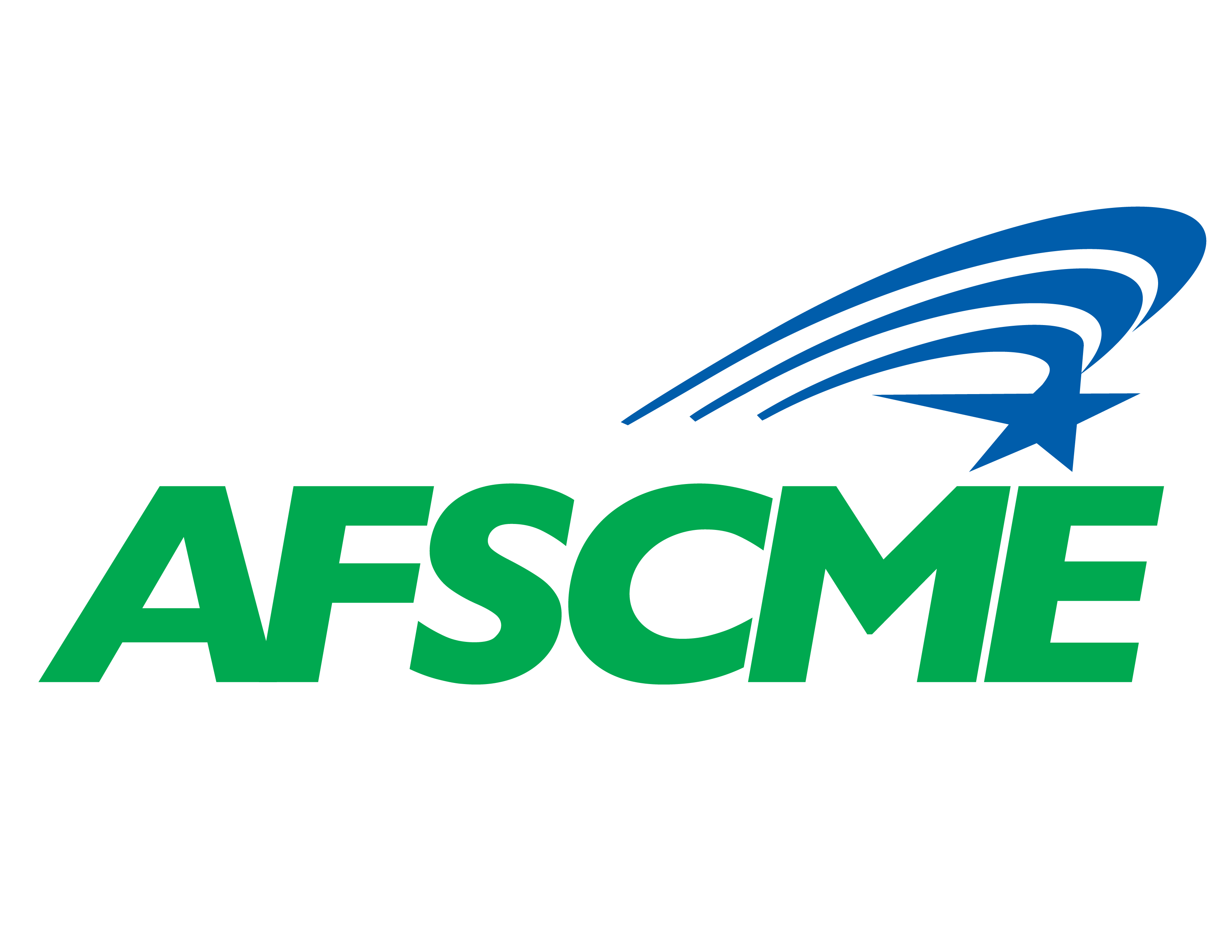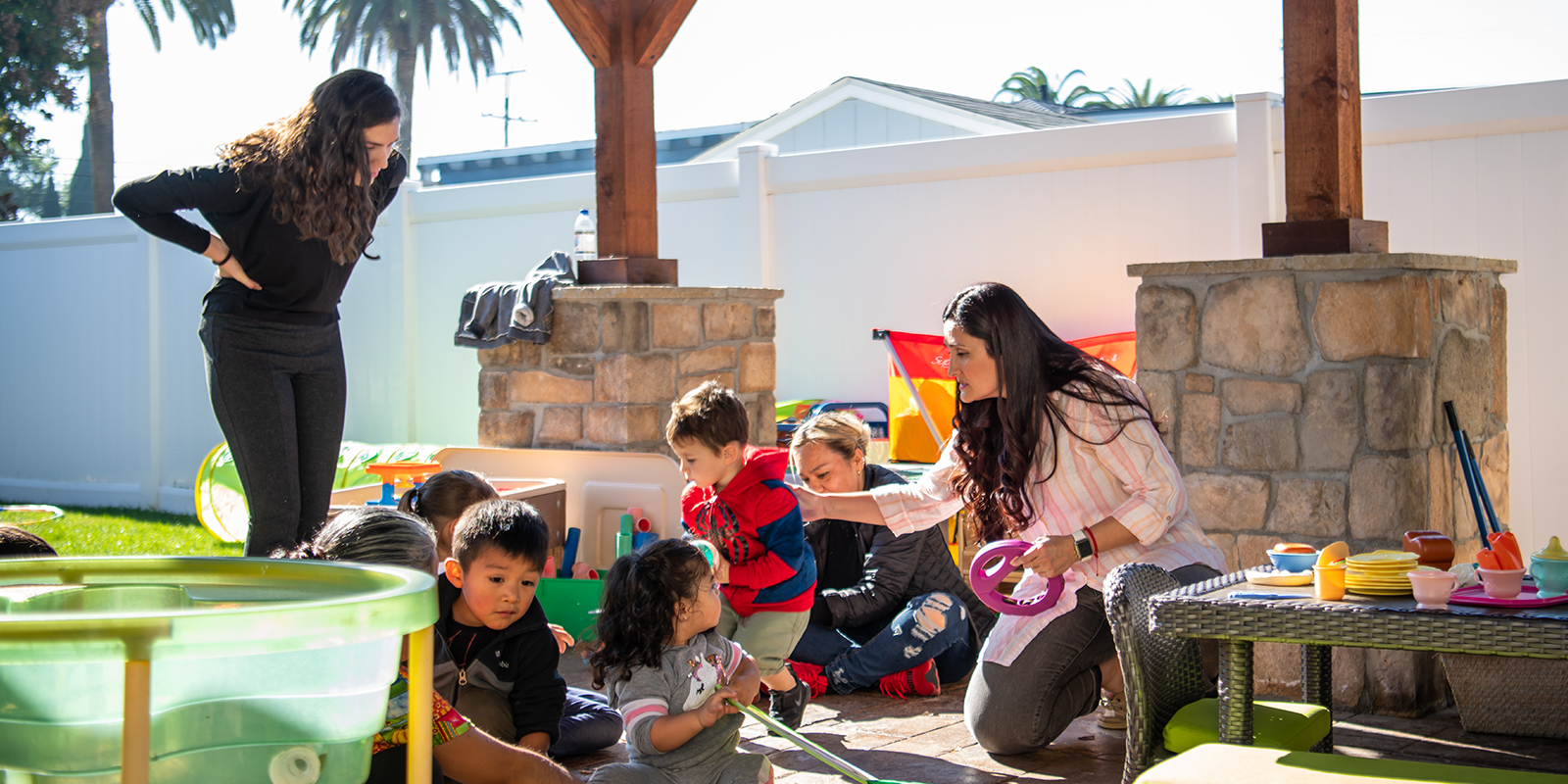They’re our children’s second family.
Child care providers play an indispensable role in our children’s lives. At day care centers, preschools and in-home or family day cares, they educate our kids from the time they are only a few weeks old until the age of five, preparing them for kindergarten and helping them become well-socialized individuals. In after-school programs, they help older students with their homework until mom and dad clock out or leave the office in the evening, and many run 24-hour operations that serve the needs of families with nighttime schedules.
They work hard every day to make their communities better. By being there for our children and allowing us to focus on our own jobs, they help support our country’s entire economy.
But for far too long, child care providers haven’t been treated as the essential workers they are. Predominantly women of color, they are among the lowest paid workers in our society. We have failed to grant them the respect they deserve and the true wages they earn. As a result, many of them struggle to make ends meet, often relying on public assistance to support their own families.
But now, child care providers are having their moment: In states across the country, they are organizing together to form strong unions and raising their voices like never before. They are demanding higher wages, paid vacation time, benefits such as health care insurance and retirement security, and more.
And they are winning.
Georgina Villegas: We are winning the respect we deserve
Georgina Villegas owns Blossom Kids in El Centro, Calif. A mother of three, she decided to open a family child care center after her youngest left for college. To make sure she offered the highest-quality early childhood education, she went back to school to earn a bachelor’s degree in Child Development and Adolescence.
Like many child care providers who serve lower-income families, Villegas is paid directly by the state, which subsidizes such care. For the past nine years, she has striven to create an environment where children make the most of their creativity and innovation.
But even as she teaches children respect, she has often wished that elected leaders and decision-makers had more respect for providers like her.
Watch Villegas talk about some of the common misperceptions people have of child care providers.
Charlotte Neal: Forming a union wasn’t easy, but it was worth the struggle
For Charlotte Neal, owner of a family day care in Sacramento, coming together with other providers to form their own union was a struggle 17 years in the making.
Getting to where they are now wasn’t easy. Their effort involved thousands of one-on-one conversations with providers throughout the state. Through these conversations, they discovered their many shared challenges and concerns, and they became convinced that together they could make a difference.
“People have misconceptions when they think of a union,” Neal says. “Their conception of a union is: ‘Oh, it’s some people that I don’t know and they’re making decisions for me.’ We had to change that thinking to: ‘We are a union; I am the union; you are the union.’ It’s us working together.”
The providers’ first victory came in July 2020, when an overwhelming 97% of them voted to join CCPU. Immediately after, they set to work on a collective bargaining agreement with the state and ratified it one year later. Their first-ever contract was supported by more than 99% of CCPU members who voted.
Watch Neal talk about what it was like to form a union with other child care providers.
Anita Caraway: the struggle for change
Anita Caraway works 24/7, and that’s not hyperbole. She owns 24-Hour Sunrise Child Care Services in Philadelphia, an all-day in-home service where she and an assistant care for and educate 12-14 children at all hours of the day and night.
Caraway has also been working through her union, Child Care Providers United - Pennsylvania, to educate providers on the state inspection system and demand change from the state.
Among the changes she would like to see: higher reimbursement rates, more paid vacation time, and better communication with state inspectors.
“I hope that through our union, working together and with the state, we will be able to resolve many of these issues,” she says.
Watch Caraway describe the many challenges providers face in Pennsylvania.
The Difference a Union Contract Makes
In communities across the country, many providers serve lower-income families who receive child care subsidies from the state. Owners of such family day cares are reimbursed for their services through these subsidy programs and thus have an employment relationship with the state.
Through a union contract, child care providers can raise their union voice to negotiate higher reimbursement rates, as well as paid time off, more training, and benefits like health insurance, retirement security and more.
In California, some 40,000 members of Child Care Providers United ratified their first-ever contract with the state in the summer of 2021. Here’s a look at the difference a contract makes.

